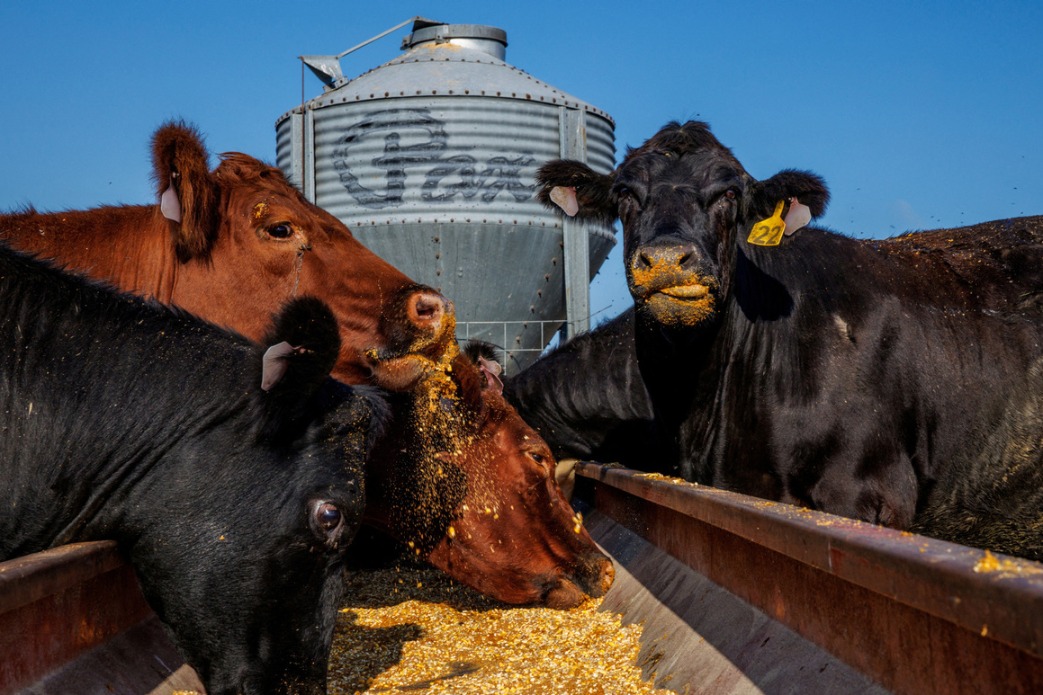Inquiry into tainted blood scandal finally gets underway


Thousands of United Kingdom families impacted by the so-called tainted blood scandal of the 1970s and 1980s will hope a public inquiry launched on Tuesday can answer their questions and bring some closure.
The inquiry will delve into why an estimated 4,800 National Health Service patients were sickened with diseases including hepatitis C and HIV after being exposed during blood transfusions, surgical procedures, childbirth, and in the treatment of hemophilia. So far, around 2,000 people are thought to have died.
Families and victims have been calling for a public inquiry for decades in the hope of finding out what went wrong. They were promised one in July 2017 and judges finally started hearing evidence this week.
Prime Minister Theresa May said she hopes the inquiry will deliver answers.
"The contaminated blood scandal was a tragedy that should never have happened and has caused unimaginable pain and hurt for victims and their families for decades," she said. "I know this will be a difficult time for victims and their families but today will begin a journey which will be dedicated to getting to the truth of what happened and in delivering justice to everyone involved."
Su Gorman will be among those following the inquiry. Her husband, Steve Dymond, died aged 62 in December, from organ failure caused by blood products he was given as a young man.
He told the BBC's Victoria Derbyshire program in April 2018 that he had not been able to live the life he "imagined in terms of dreams, in terms of ambitions" because he contracted hepatitis C while being treated for hemophilia.
He said: "It's become a life of sickness, illness, worry, anxiety. When I talk about my wife, I talk about her as my widow in waiting."
The inquiry is expected to hear how people were treated with blood products imported from the United States that had been sourced from high-risk groups , including the homeless and prisoners, who sold their blood.
The first sign that some of the blood was contaminated with HIV did not appear until around 1983 and it was only around 1989 that the risk of hepatitis C being transferred through the blood products became known.
The inquiry, which is being led by retired judge Brian Langstaff, is likely to hear from around 2,500 people and last at least two years.
The government recently made more money available to people impacted by the scandal, increasing the pot from $60 million to $98 million.
ITV News reported that the inquiry will also ask whether there was any attempted cover-up.

































